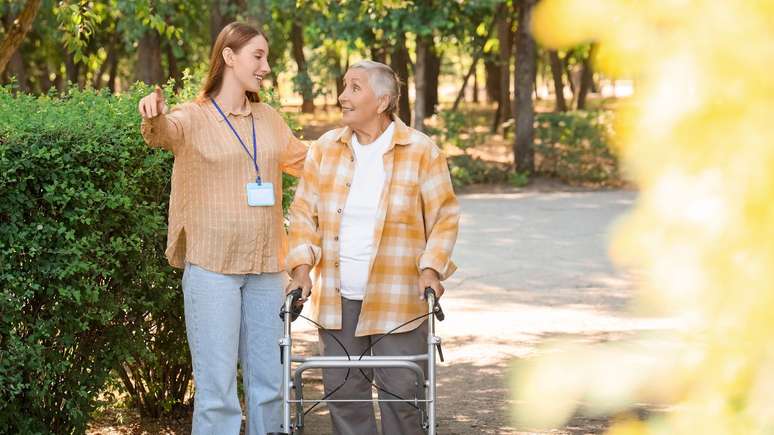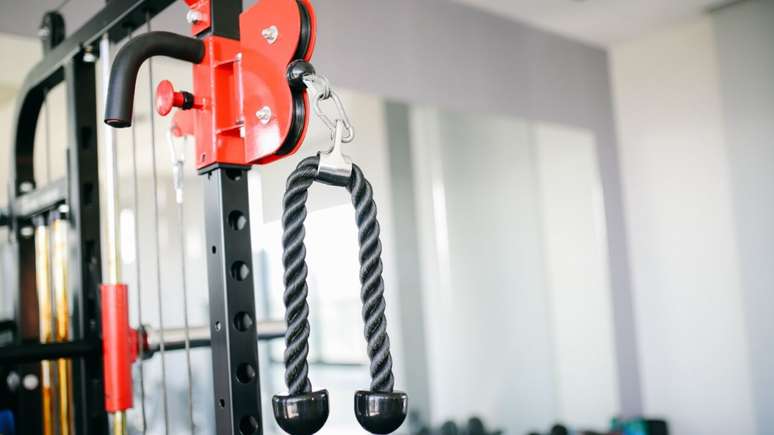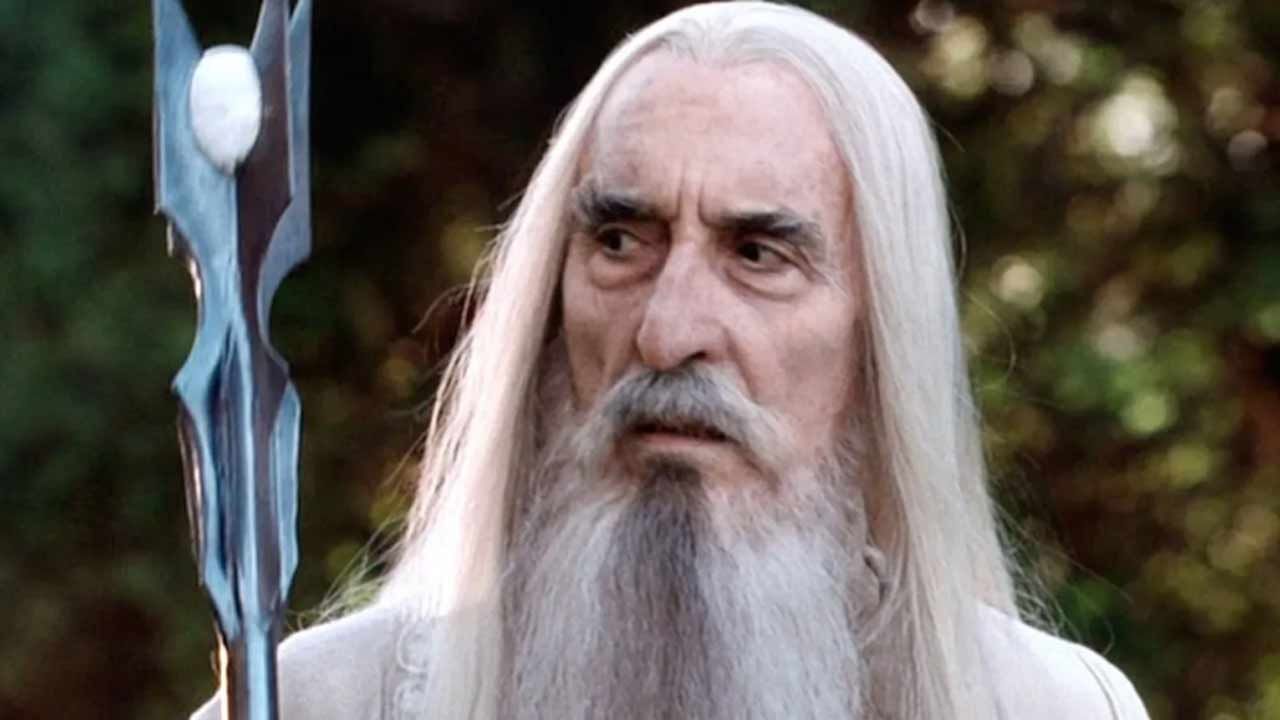The condition occurs when glucose concentrations are lower than normal and can pose a serious health risk
Hypoglycemia, popularly called a “sugar crash,” is a relatively common but often misunderstood condition. Because it is often confused with other problems or treated carelessly, diagnosis can be delayed, increasing health risks.
According to Ramon Marcelino, endocrinologist at the Hospital das Clínicas of the Faculty of Medicine of University of Sao Paulo (FMUSP) and at Sírio-Libanês Hospital, the condition occurs when the concentration of glucose, which is the main source of energy in the human body, drops below normal, generally to a value below 70 mg/dL.
The doctor emphasizes that two types of patients can present the disease and that the management is completely different depending on the origin. “Patients with diabetes they have a much higher risk of hypoglycemia. This happens both because of the disease, which can cause an increase or decrease in blood sugar, and because of the treatment, which includes drugs such as insulin, which can trigger the condition,” he explains.
In people without diabetes, there are other possible causes. “One of them is the bariatric surgeryas food passes through the intestines and stomach differently. Another more serious cause is pancreatic tumors, which can cause problems with insulin secretion. In this case, the person can secrete a lot of insulin even while fasting and end up having hypoglycemia regardless of what they eat,” explains Marcelino.
Symptoms
The condition, according to the endocrinologist, can cause blurred vision, fatigue, hunger, cold sweats, mental confusion, fainting and even coma, depending on the severity and frequency of drops in glucose levels. “The more frequent it is, the more the body loses its ability to defend itself,” he underlines.
“It’s worth noting that brainunlike other organs, it runs primarily on glucose. If it’s low, he’ll be one of the first to hear it,” he adds.
Treatment
According to Marcelino, treatment depends on the identified cause. For patients in whom the pathology has a genetic origin, the protocol generally includes specific drugs, such as diazoxide and octreotide, which act by reducing the release of insulin from the pancreas.
For hypoglycemia resulting from bariatric surgery, the focus is on behavioral measures. The patient should avoid eating large amounts of sweets at one time, especially in conjunction with liquids or water, to slow digestion.
In more serious cases, such as insulinoma, a rare tumor of the pancreas responsible for excessive insulin production, surgery may be indicated.
Is it advisable to drink sugar water?
YES. According to Marcelino, one of the guidelines is to drink a glass of water with a spoonful of sugar. A 200ml glass of soda or orange juice is also an option.
Can diets influence?
YES. According to Paulo Miranda, coordinator of the International Commission of the Brazilian Society of Endocrinology and Metabology (Sbem), restrictive diets can increase the onset of the condition, even in healthy people.
“This happens due to a lack of carbohydrate reserves and the body’s ability to produce glucose in situations of, for example, liver or kidney failure,” he says.
Tremors, dizziness and weakness always indicate hypoglycemia?
No. These symptoms can also appear for other reasons, such as drop in blood pressure, dehydration, anxiety or side effects of certain medications. Therefore, Marcelino stresses that it is important to investigate the cause before concluding that it is low blood sugar.
Can pens like Ozempic and Mounjaro cause the condition?
YES. The information is also mentioned on the leaflet of the pen. According to Marcelino, the situation is extremely rare, occurring in less than 5% of cases, and even patients with post-bariatric hypoglycemia can use the drugs.
Could low blood sugar be a sign of pancreatic cancer?
YES. Some tumors, known as insulinomas, produce excess insulin and can cause episodes of hypoglycemia, especially during fasting. In most cases, the recommended treatment is surgical removal of the tumor.
Isn’t the main cause of hypoglycemia eating?
No. In Brazil, the main cause is post-bariatric hypoglycemia, known as dumping late. In this case, according to Marcelino, the sugar contained in food is absorbed rapidly, causing a sudden increase in blood sugar, followed by a sharp drop that triggers the symptoms.
Is hypoglycemia a simple condition?
No. Low blood glucose can pose a serious health risk, as it increases the risk of accidents, seizures, arrhythmias and heart attackas well as being able to influence memory and cognitive ability.
Can genetic problems cause hypoglycemia?
YES. Research in Brazil indicates that mutations in the insulin receptor can lead to the development of hypoglycemia. According to Marcelino, recognizing the first signs and asking your doctor for advice is essential to avoid complications.
Source: Terra
Ben Stock is a lifestyle journalist and author at Gossipify. He writes about topics such as health, wellness, travel, food and home decor. He provides practical advice and inspiration to improve well-being, keeps readers up to date with latest lifestyle news and trends, known for his engaging writing style, in-depth analysis and unique perspectives.




![Tomorrow is ours in advance: Judith and Jordan investigate Diane and Esme… What’s in store for the week of November 3-7, 2025 [SPOILERS] Tomorrow is ours in advance: Judith and Jordan investigate Diane and Esme… What’s in store for the week of November 3-7, 2025 [SPOILERS]](https://fr.web.img6.acsta.net/img/38/fd/38fd22045170b15ecfe724e498e0056b.jpg)


